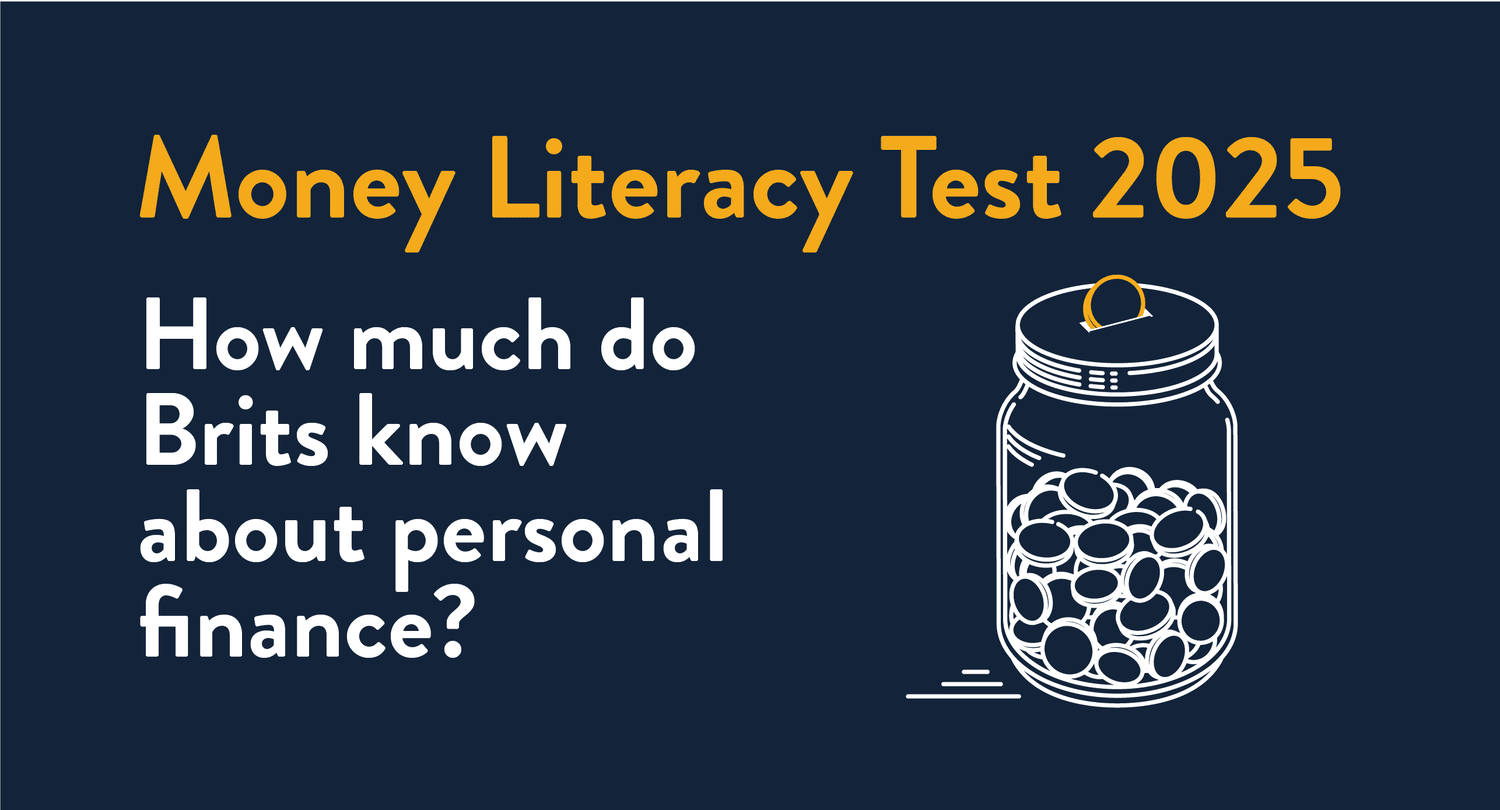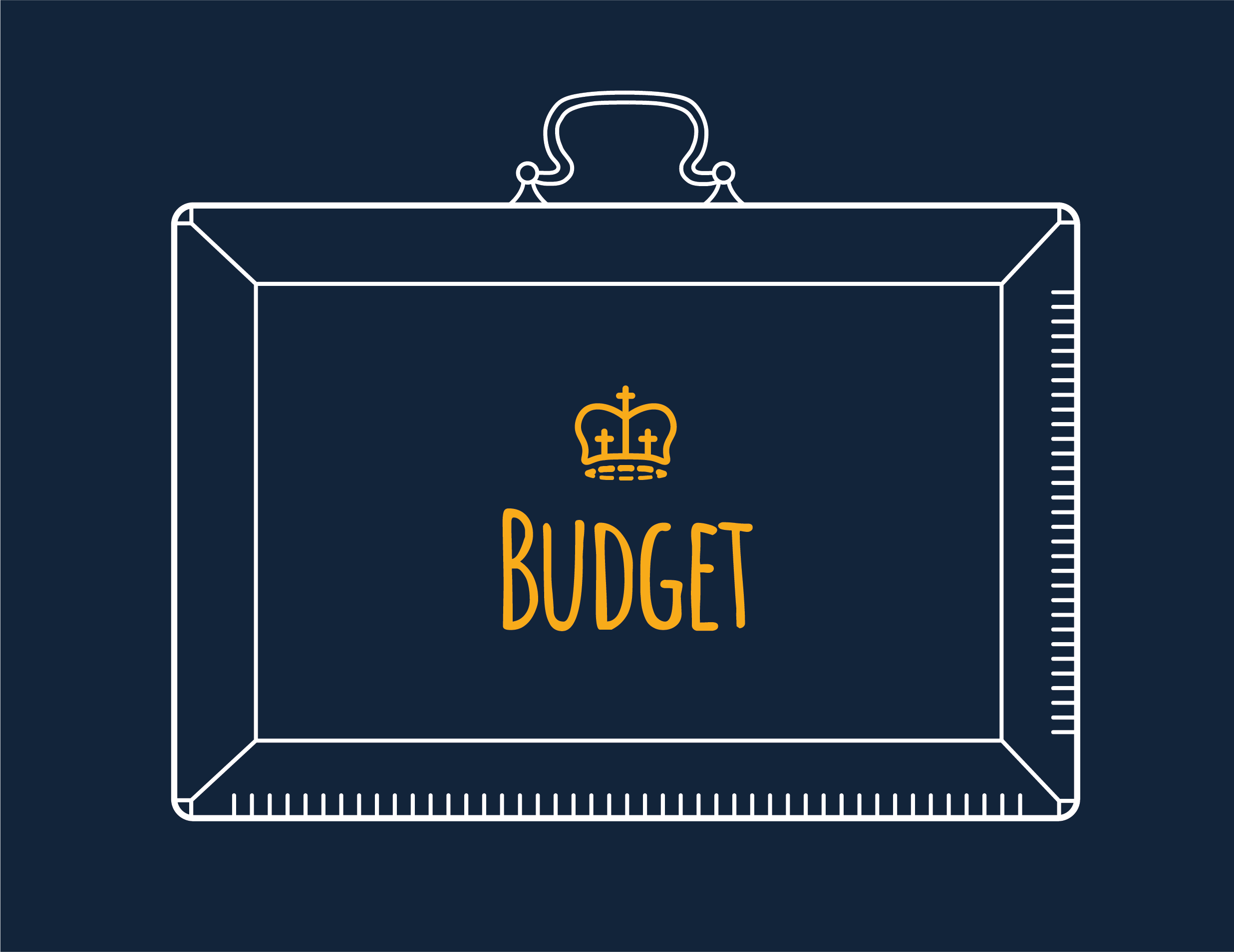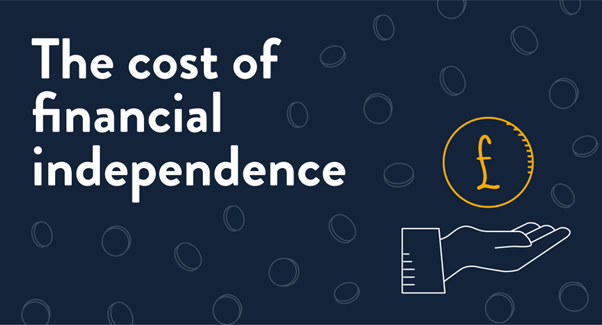
When you take out mortgages to buy a home you might want protection on the repayments if something unexpected happens to you. This guide explains how financial products like income protection can keep your mortgage and home safe.
In this article, we’ll answer questions like:
- Do you need life insurance or income protection for a mortgage?
- What happens if you get ill and can’t work?
- How these different types of cover work together?
- How can I choose the right protection?
Understanding life insurance and income protection
Life insurance gives your beneficiaries money if you die, helping them pay the mortgage, bills and any other expenses.
An income protection plan pays out money each month if you can’t work because you’re ill or injured. There is also critical illness cover, which pays out on diagnosis of a serious illness such as cancer. They can all help with mortgage payments during difficult times.
What is life insurance?
Life insurance pays out money when you die. Depending on the type of cover, this money can help your family:
- Clear the mortgage to secure their home.
- Cover living costs such as food, bills and childcare.
- Pay for funeral expenses.
Types of life insurance
Term insurance: This covers you for a set amount of time, which could be the length of your mortgage.
Whole life insurance: Covers your entire life, guaranteeing a payout.
Decreasing term insurance: This a special type of term insurance where the payout reduces over time, often matching a repayment mortgage balance. It is often referred to as mortgage life insurance.
What’s the difference between life insurance and mortgage life insurance?
Although people sometimes use the term ‘mortgage life insurance’, it’s not a different type of life insurance. It’s a type of regular life insurance specifically designed to protect your mortgage. You can use any type of life insurance for this, but a decreasing term insurance payout often matches your outstanding mortgage balance.
What happens to life insurance when the mortgage is paid?
Decreasing life insurance generally ends once the mortgage is paid. You might want to take out separate life insurance cover if you want to leave money for things like for end-of-life expenses.
Factors that can affect the cost:
- Your age
- Your health
- Smoking status
- Occupation
- How much cover you want
- Policy length
Many people take out a level of life insurance that covers their mortgage, plus extra to support their family.
Who should consider life insurance?
Life insurance can be good for:
- Parents with dependent children.
- People with mortgages.
- Anyone whose family would struggle financially if they died.
It’s especially important if you’re the main earner in your household.
Is over 50s life insurance worth it? The answer often depends on your health and age you take out a policy. Our guide to life insurance covers a little more ground on who the policy can benefit.
What is income protection insurance?
Income protection provides a tax-free regular income if you’re unable to work due to sickness or injury. It usually:
- Pays 50-70% of your salary.
- Continues until you return to work, retire, or the policy ends.
The cost can depend on your age, health, job, and how soon you want payments to start.
- Waiting period: How long you wait before payments start, for example 1, 3, or 6 months. Shorter waiting periods usually mean higher premiums.
- Payment length: How long the payments last, such as until you’re better or reach retirement age. You can also choose cover for a set term.
Who benefits from income protection?
Income protection is useful for:
- Self-employed people who don’t get sick pay.
- People with big financial commitments, like mortgages.
- Anyone with limited savings.
- People whose families depend on their income.
Is income protection worth it? For most working people, it provides valuable peace of mind.
Mortgages: what you need to know
A mortgage is a loan to buy a home that you pay back over time, usually around 15-30 years.
Common types of mortgages
- Fixed rate: Your monthly payment stays the same. This is good if you like to know exactly how much you’ll be paying each month.
- Variable rate: Your payment can go up or down with interest rates. This can be a bit riskier but sometimes offers a better deal.
- Repayment: Repays both the loan and interest each month. You own the home outright at the end of the mortgage.
- Interest-only: You only pay the interest each month. Lower payments, but the full loan amount remains at the end.
Ways to get mortgage protection
- Decreasing life insurance can help pay off the mortgage if you die.
- Income protection helps you pay the mortgage if you can’t work.
- Mortgage payment protection insurance can offer short-term cover for job loss but is often less comprehensive than income protection.
Life insurance and income protection cover work well alongside mortgages. If you get sick or injured and can’t work, income protection can help you keep up payments. And if you die, life insurance can help cover mortgages, so your family doesn’t have to worry about payments.
How do these products work together?
These products cover different risks to protect your family, shown in the table below.
| Product | What it does | How it helps |
|---|---|---|
| Life Insurance | Supports your loved ones upon your death. | Pays out a lump sum if you die (or sometimes if you get a terminal illness).Can help your family with protection on mortgages, bills and other costs. |
| Income Protection | Replaces income if you can't work due to illness or injury. | Regular, tax-free income (50-70% of salary) while unable to work. Covers mortgage and bills. |
| Mortgages | A loan from a bank or building society to buy a house. | Borrowed money repaid over time, depending on your circumstances. Careful planning and protection are important to avoid financial difficulties. |
- Life insurance covers you if you die. It can help pay the mortgage so your family can stay in their home.
- Income protection covers you if you get sick or injured and can’t work. It gives you money each month so you can keep paying your mortgage.
- Together, these products make sure your mortgage is paid.
How income protection and life insurance help protect mortgages
Buying a home is probably the biggest purchase you’ll ever make. Without protection, you could lose your home if:
- You die and your family can’t afford the payments.
- Illness or injury prevents you from working.
- You lose your job.
Do you have to have life insurance for mortgages?
While not a legal requirement, many lenders strongly prefer or even require life insurance. It demonstrates responsible borrowing.
Do I need life insurance for a mortgage?
It is worth considering if your family couldn’t manage mortgage repayments without you.
Can you get a mortgage without life insurance?
Yes, but proper protection can offer more security for your dependents.
Why people choose protection
Having life or income cover means you know your family and home is secure.
Common reasons people buy life insurance or protection are to:
- Help keep up mortgage repayments if they die.
- Pay the mortgage if they get sick and can’t work.
- Reduce stress about “what if something happens?”
- Sleep better at night knowing their home is safe.
- Take care of the people they love.
How to choose the right protection for you
To find the right protection:
- Think about who relies on your income.
- Consider how long your mortgage lasts.
- See if your savings could cover payments if you’re out of work.
- Check if you have any work benefits like death in service or sick pay.
- Compare quotes and shop around for the best plan.
Should you have both life insurance and income protection?
Having both life insurance and income protection gives you the most complete coverage:
- Life insurance protects your family when you die.
- Income protection supports during illness or injury.
If you can afford both, it’s ideal. If budget is tight, think about what’s more important for you.
- Life insurance is important if you have dependents.
- If you’re single with a mortgage, income protection might be more important.
The right mix depends on your personal situation.
Which policies does Shepherds Friendly offer?
Shepherds Friendly offer two main protection products:
- Over 50s Life Insurance with guaranteed acceptance for UK residents between age 50 to 80.
- Income Protection to cover time off work due to illness or injury.
And the best part is, both products are designed to be simple and affordable.
In summary
- Life insurance can pay a lump sum on your death.
- Income protection gives you regular income if you can’t work due to illness or injury.
- Having both plans may offer more security to your beneficiaries.
- Choose the right level of cover to fit your budget.
- Plus, the right protection might give you peace of mind.
The right type of insurance for you depends on your personal circumstances. If you are unsure which policy to choose, you can get in touch with a financial adviser, who will be able to take you through the options available.
Want to learn more? Check out the Shepherds Friendly blog for more helpful articles about protecting yourself and your family.





